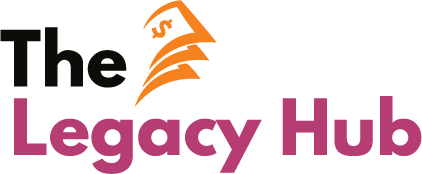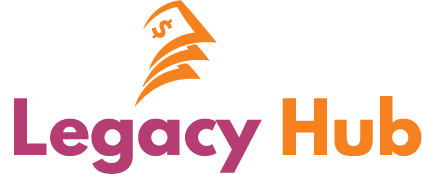Is the budget deficit most of us experience every month a result of an income problem or a spending problem? When you don’t have money do you prefer to cut costs or do you endeavor to increase your income? In today’s blog, we’ll explore which is the better option between the two.
Cutting costs
I am a big advocate of cutting costs and frugal living. And I strongly believe that cost cutting is an important strategy everyone should incorporate in their personal finance journey. As a personal finance coach, I come across very many clients who tell me that they do not have enough money left to save or invest. But when we do a proper budget with them and track exactly where every single coin of their money is going, we realize that they actually have money that they can save and invest.
The truth is that if you are on financial freedom journey, saving is not optional. It is essential. For most of us, some of the money that we could save and invest is lost in unaccounted monthly spending. It is the untraced money that goes to dates, eating out, or ordering in that if summed up can be invested and, consequently, improve your financial standing.
Every time some people hear that they have to cut costs, to them it naturally translates to, ‘So you mean I am not going to enjoy my money?’ But this is the wrong way to look at it. Cost cutting is a tool that you can use to get closer to your financial freedom. It is not about denying yourself the essentials or the necessities, it is about intentional spending. You need to identify what your priorities are in the season of life that you are in. And so if it is financial freedom or getting out of debt, then those are your priorities and you direct your money towards them.
Benefits of cutting cost
If you choose to incorporate cutting costs and frugal living as part of your financial discipline, you will have more money to spare and to direct towards the things that matter to you. Getting out of debt, building up savings. This way you will get closer to your financial goals faster. This is especially ideal if you’re in a situation where making more money is not necessarily an option yet. Cutting costs will also ensure you reduce the wastage of your hard and money. I think we work so hard for our money and a lot of us do not respect our paycheck. You should always ensure that you are putting that money to work for you, as opposed to spending all of it.
But I should mention that too many cutbacks will backfire. If you decide to go cold turkey and you’re not being strategic about what you’re deciding to do away with, you will not succeed. Cutting costs for the sake of cutting costs is not sustainable in the long term. So be very strategic by choosing particular budget lines that you can do without.
Making more money
Cutting costs is a useful strategy especially when you’re getting started on your journey to financial freedom. However, in the long term, it is not sustainable because you can only cut costs up to a particular point. In the long term, if you really want to build sustainable wealth, having a higher income is more powerful than having low expenses. And so, in addition to cutting costs and saving money, it is very important that you start thinking of ways to increase your income.
One source of income is too close to none. People lose jobs all the time, businesses fail, and unexpected life stuff happens. One prudent strategy is to diversify your sources of income. You want to brainstorm and identify how you can increase your sources of income. Even the money that you can save or invest is still limited by how much money you are earning. Increasing your income sources is not an easy thing to do, which is probably why most people don’t think of that as the first option, which is understandable.
Income streams
In addition to your monthly salary, here are seven income streams you should consider including in your portfolio to skyrocket your financial freedom.
- Business income
This is money from either your side hustle that you have started or a business you have transitioned into full-time after leaving your 8-5 job. It is a fact that most billionaires did not make money because they were employed. They made money because they started their own businesses and built their own empires.
- Interest income
This is money that you earn from your investments. Whether it be treasury securities like bills and bonds, corporate bonds, or money market funds. You don’t need one million to start investing, there are low-entry investment options that you can consider. For instance, there are money market funds that you can start with as little as KES 5,000.
- Dividend income
Dividend income is money that is coming from stock market investments. When you invest in the stock market and you choose very good companies that pay dividends annually, you’re going to be receiving dividend income. Suppose you’ve invested in four stocks and all of them pay dividends, then you’ll be getting four cheques from these companies. That’s an encouragement to consider investing in the stock market.
- Rental income
And rental income is obviously coming from rent. So if you have some property for commercial use, a flat, or a house that you bought, you can give it away either for Airbnb purposes or rent and get a decent income from it.
- Capital gains
Capital gains are the income stream from stocks. But as opposed to dividend income, capital gains occur when you buy stocks low, strategically wait, and sell them high.
- Royalties
This is money that is coming from people using your idea or an invention that you came up with. You’re getting paid because you are creative and because you innovated and created something that now people are using.
You can see there are very many ways how to make more money. 2022 is full of opportunities in the digital space where people are selling and buying digital products. People are coaching, people are training. You too can put your products and services out there and increase your income stream.







